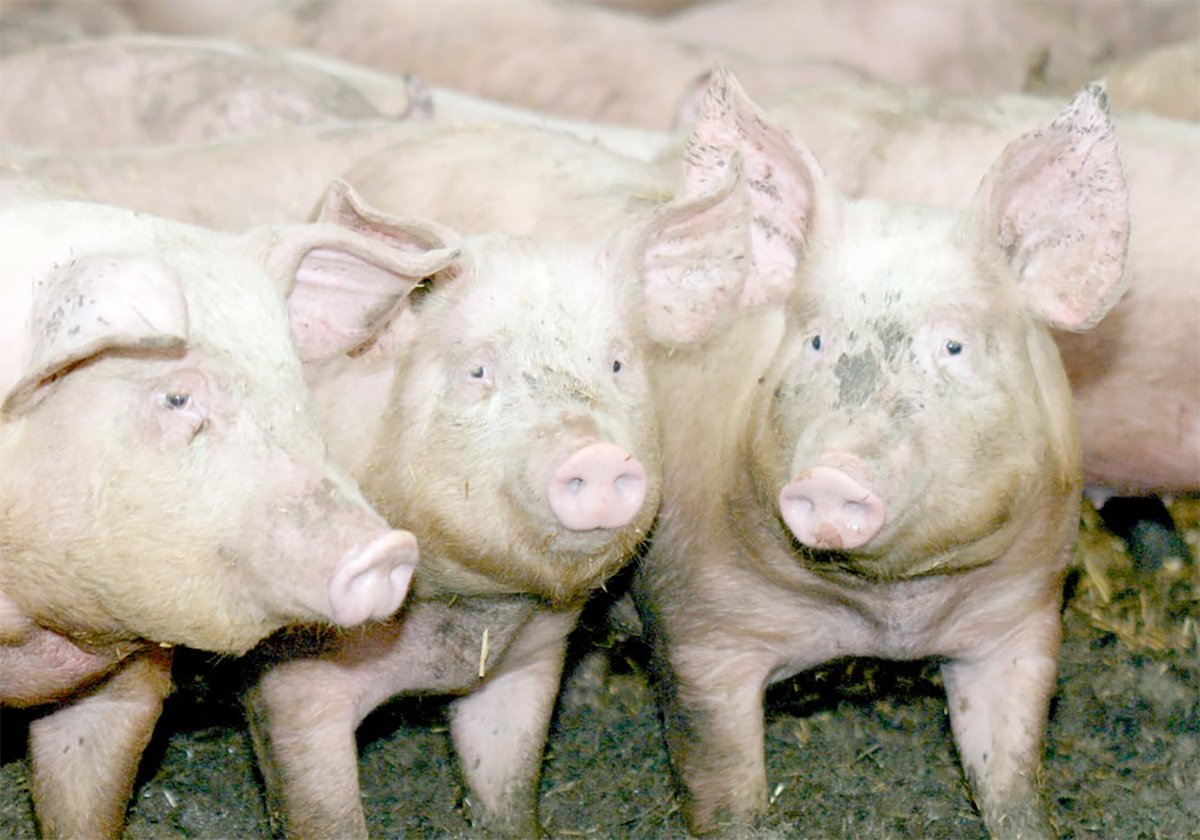U.S. wants more time | Canada, Mexico object to proposed timeline and ask for arbitration
The United States has asked for 15 months to bring its country of origin labelling laws into compliance with World Trade Organization rules, but Canada does not like the timeline.
The WTO’s dispute settlement body in July ruled in favour of Canada and Mexico on a U.S. appeal of an earlier ruling that its COOL legislation contravened international trade rules.
On Aug. 21, the U.S. said it intends to comply with the ruling but asked for 15 months in which to do it. That would mean a delay in changes until October 2014.
Read Also

The Western Producer Livestock Report – November 13, 2025
Western Producer Livestock Report for November 13, 2025. See U.S. & Canadian hog prices, Canadian bison & lamb market data and sales insights.
Canada and Mexico object to the proposed timeline and have sought arbitration from the WTO.
“That’s being examined and we’ll get a ruling on that shortly, out of Geneva,” said Canadian Cattlemen’s Association executive vice-president Dennis Laycraft in a Sept. 17 interview.
A ruling on “a reasonable period of time” for compliance is expected on the matter no later than Oct. 21.
COOL, implemented in March 2009, required beef, pork and other meats sold in the U.S. to be labelled according to their countries of origin.
The resulting need to keep Canadian animals separate from American ones at packing plants resulted in drastically reduced exports of Canadian cattle, costing the industry millions of dollars.
A challenge of COOL to the WTO was decided in Canada’s favour.
Laycraft said the CCA continues to believe U.S. legislation should be amended to recognize the point of “substantial transformation” as the origin point, so Canadian animals slaughtered in the U.S. would not need separate labelling.
Changes to COOL legislation could be delayed by the U.S. presidential election campaign and by complications involving the current U.S. farm bill, which expires Sept. 30.
In a news release, the CCA speculated that at the end of this month, one of three things will happen: a new five-year farm bill will be passed; the existing one will expire, which will mean the U.S. will revert to 1949 farm policy; or there will be a short-term extension to the current bill until after the election.
“If the third option involving passage of a short-term extension occurs, then the WTO arbitrator will have knowledge of the date by which the U.S. must pass farm policy legislation and should take that into account in setting an RPT (reasonable period of time), said the CCA in a COOL update.
“Ultimately, we believe that the U.S. Congress will take care of U.S. farmers and pass a new farm bill in the not too distant future.”
In the meantime, the U.S. based protectionist group Ranchers-Cattlemen Action Legal Fund (RCALF) has filed a complaint in a U.S. district court against the WTO ruling.
It wants COOL to remain, be enforced by government and is against any amendment to it.
Laycraft said if successful, RCALF would put the U.S. at risk of non-compliance with the WTO ruling, opening the door for Canada and Mexico to implement retaliatory tariffs.















